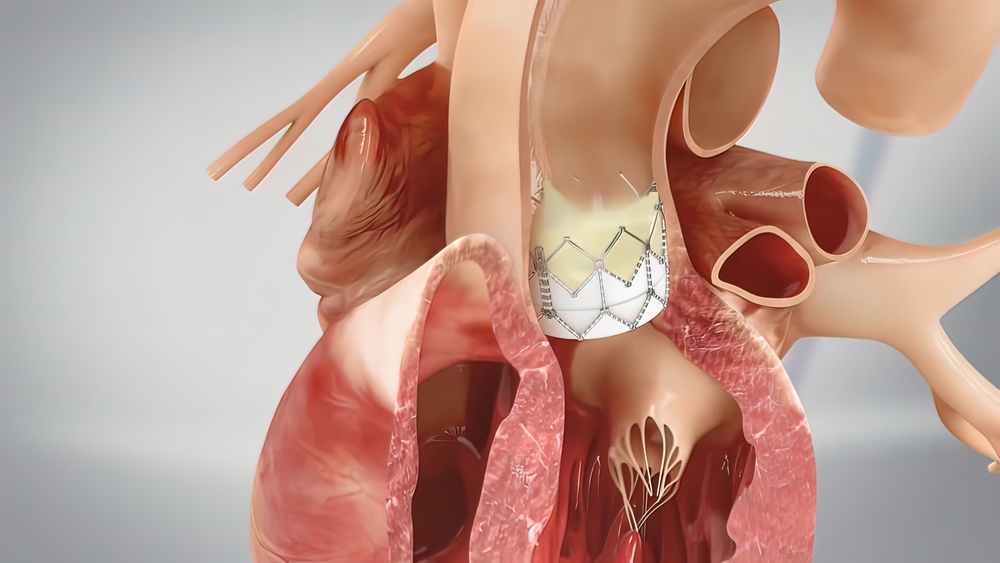Mitral Valve Repair and Replacement

Introduction:
Introduction:
The heart valves are essential parts of the heart that have a significant function to play - ensuring that the flow is efficient and there is no backflow from the pumping action of the heart. Defects to the heart valve can lead to a severe reduction in the heart's pumping capacity and may damage other parts of the heart.
The defects may include narrowing the valve's opening in an open position, failure to close in the closed position completely, or congenital formation defects. You can read more about valve diseases of the heart and their type by checking out our article here.
Why is Mitral valve repair or replacement done?
Mitral valve repair fixes problems with your valves and reduces the chances of severe complications. When there is a defect in the mitral valve, it affects the central pumping unit of your heart, the left ventricle. If there is stenosis, enough blood does not fill the ventricle during each stroke. If there is regurgitation, blood leaks back into the atrium during ventricle contraction. In our article here, you can read more about how blood flows through the heart.
When the mitral valve is too stretchy, it may reflect back into the left atrium, causing regurgitation or the backflow of blood into the left atrium. This is known as mitral valve prolapse and is one of the most common conditions treated with valve surgery.
When do you need a Mitral valve repair or replacement?
Your doctor will suggest mitral valve repair if your condition is causing severe restriction to blood flow or inefficiency of the heart. Mild forms of the disease may not require surgery, based on the context. Your doctor may instead suggest medications and regular echocardiogram checkups to keep track of the progression of your condition.
Usually, doctors suggest mitral valve repair when:
- The valve is very leaky, and it is causing symptoms
- There are signs of heart failure or the heart not being able to fulfil the demand
- Your heart becomes enlarged
- In cases of stenosis, or narrowing of the valve, your doctor may try other procedures like balloon mitral valvotomy. You can read more about it
How common are mitral valve repair or replacement procedures?
Mitral valve surgery is considered the second most common type of heart surgery. The procedure is sometimes done with other surgical corrections, such as a coronary artery bypass graft or an aortic valve replacement.
Mitral valve repair vs replacement
- Mitral valve repair:
- Patching holes in the valve
- Reconnecting valve leaflets
- Removing excess tissue that prevents closing
- Replacing chords and making it well supported
- Separating fused valves
- Better survival chances
- Improved lifestyle as blood thinners are not needed
- Lower risk of complications
- Most recommended for regurgitation
- Mitral valve replacement:
- Replacement of heart valve with either synthetic or biological valve
- Requires lifelong blood thinners for artificial valves
- Requires re-surgery every 10-15 years for biological valves
- A shorter duration of surgery is better for older individuals who can not tolerate more lengthy procedures.
What are the risks of mitral valve repair or replacement?
The possible risks of mitral valve repair and/or replacement include increased chances of clot formation, the possibility of bleeding, malfunctioning of the replacement valve, and the likelihood of inducing irregular heartbeats. There are also chances of developing stroke due to clotting problems or infection.






